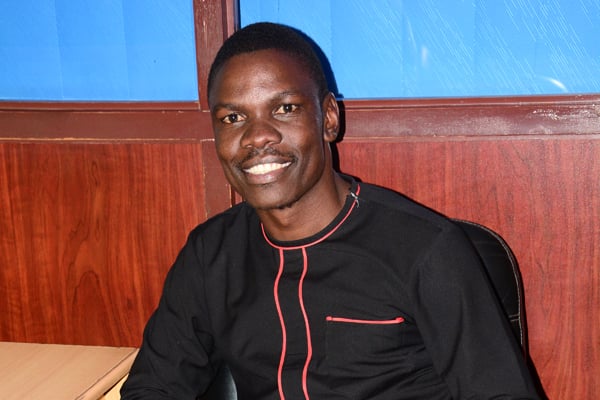Prime
Fake drugs causing resistant malaria in Uganda - US scientist

Prof. Kaneene and Brenda Nakazibwe from the National Pathogen Economy touring the vaccines plant.. Photo/Derrick Wandera
What you need to know:
- Experts encourage local manufacturing and strict measures to ensure quality medicines.
A scientist from the US-based Michigan State University has revealed 30 percent of malaria cases in Uganda are resistant to medication.
According to Prof John B Kaneene, together with his team, the study, which was conducted last year in several parts of the country, showed that malaria is resistant due to counterfeit drugs.
“Many times you get drugs with inscriptions on the cover but no name, do you ever ask what drug it is? Fake drugs into the body cause disease resistance, prolonged agony and wastage of money. That is why it has to be fought,” Prof Kaneene said, adding that the details of the research will soon be made published.
The professor made the comments on Wednesday while visiting new Dei Pharmaceuticals plant in Matugga, Wakiso District, which is expected to begin manufacturing drugs by the end of the year.
Mr Abiaz Rwamwiri, the spokesperson of National Drug Authority (NDA), said there should be evidence of the research, adding that the fake drugs get onto the market through porous border points but the government is working on preventing this.
“This is a blanket statement, I know there could be fake drugs on the market but not supported by NDA. Some of them get here through porous borders but what gets into the country is all authentic, those that don’t meet the standards are rejected,” Mr Rwamwiri said.
A World Health Organisation report released last year indicated that drugs worth $200b are produced into the market every year.
According to Prof Kaneene, who specialises in epidemiology and veterinary medicine, the problem can be partly solved by local manufacturing of drugs and strict measures to ensure quality medicine enters the country.
“Local production is one of the ways of solving this problem as well as putting up bodies that monitor the quality of drugs that are entering into the country so that the population consumes the right medicine,” he said.
Ms Brenda Nakazibwe from National Pathogenic Department, who represented Dr Monica Musenero, the minister of Science, Technology and Innovation, at the function, said the issue of fake drugs is being solved by innovations with the support from the line ministry.
“We have been encouraging the young people to come up with innovations for the population so that the problem that Prof Kaneene raised does not continue. That is our stand at the ministry,” Ms Nakazibwe said.
In March, a team of experts from World Health Organisation (WHO) hailed the DEI Biopharma manufacturing facility, saying it is providing a base for Africa to effectively respond to Covid-19 and other viruses using traditional medicine therapies.
Dr Mathias Magoola, the proprietor of the Dei Biopharma plant, said the facility has an internationally-certified laboratory to determine the quality of drugs.
READ
“The challenge is that secondary packaging companies do not have the capacity of quality control for the medicine and that has always been a challenge. This is the first Biopharma plant in Africa which will be able to measure the standard of medicine on the market,” he said.
Dr Magoola also said the facility will contain more than 3,000 formulations for making drugs, which will be mainly vaccines for Covid-19 and other diseases as well as the cancer drugs, among others.
ALSO READ





